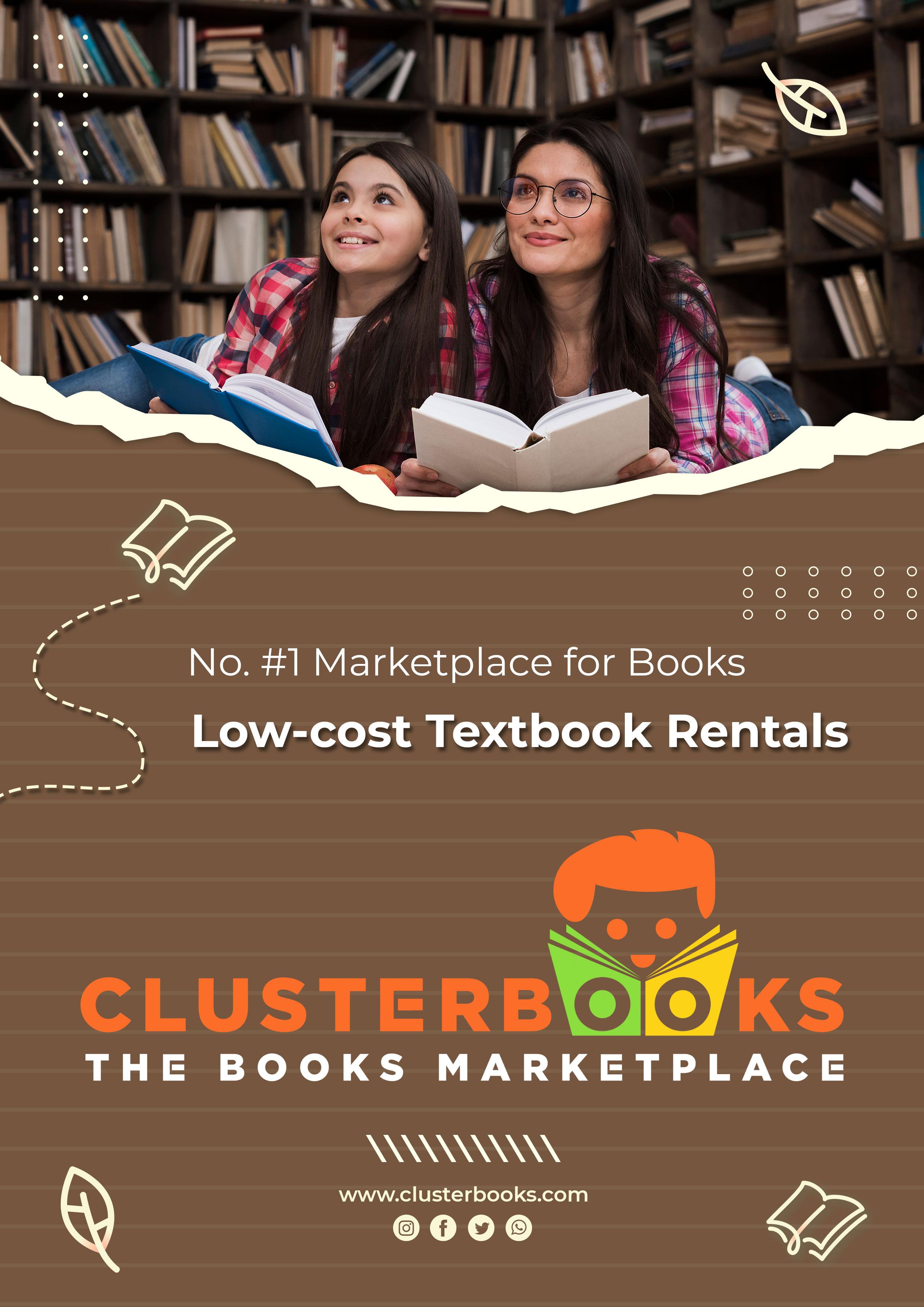In today’s rapidly evolving economic landscape, the traditional notion of a college degree as a guaranteed ticket to financial stability and career success is increasingly being called into question. While higher education has long been heralded as a crucial investment in one’s future, recent trends suggest that its value is diminishing in the face of rising tuition costs, stagnant wages, and an ever-changing job market. As technological advancements and shifting employer expectations reshape the workforce, the once-clear pathway from academia to employment is becoming less certain. This article delves into the factors contributing to the declining value of a college degree, exploring the implications for students, educators, and policymakers alike. Through a critical examination of current data and expert insights, we aim to provide a comprehensive understanding of this pressing issue and its potential impact on the future of higher education and economic opportunity.
Shifting Perceptions: How the Job Market Views College Graduates
In recent years, there has been a noticeable shift in how employers perceive college graduates entering the workforce. As the landscape of the job market evolves, companies are increasingly prioritizing skills and practical experience over traditional academic credentials. This change is largely driven by the rapid pace of technological advancements and the need for adaptability in a dynamic economy. Employers are now focusing on:
- Technical skills: Proficiency in specific software or tools relevant to the industry.
- Soft skills: Communication, problem-solving, and teamwork capabilities that facilitate effective collaboration.
- Real-world experience: Internships, co-op programs, and volunteer work that demonstrate hands-on involvement and a proactive attitude.
The emphasis on these elements suggests that a college degree alone may no longer be the golden ticket to a promising career. While the degree still holds value, it is increasingly seen as just one piece of the puzzle. Graduates who complement their education with practical experiences and a demonstrable skill set find themselves better positioned in the competitive job market. Consequently, universities and colleges are being urged to adapt their curricula to better align with industry demands, ensuring that their students are not only knowledgeable but also ready to meet the challenges of a rapidly changing professional environment.

Rising Tuition Costs and the Burden of Student Debt
The skyrocketing expenses associated with higher education have become a significant concern for students and families alike. With tuition costs rising at a pace far exceeding inflation, the financial burden on students has intensified, leading to a surge in student debt. This growing debt not only affects graduates’ immediate financial stability but also has long-term implications on their economic future. Many find themselves grappling with loan repayments well into their careers, delaying critical life milestones such as purchasing a home or starting a family.
As the cost of education climbs, the return on investment of a college degree is increasingly being questioned. Factors contributing to this phenomenon include:
- Stagnant wages: Despite acquiring higher education, many graduates are entering a job market where wage growth does not align with their educational investments.
- Overqualification: A growing number of degree holders are finding themselves in positions that do not require their level of education, leading to underemployment.
- Shifting industry demands: Rapid technological advancements and changing industry needs mean that skills acquired in college may quickly become outdated.
In this evolving landscape, it is crucial for prospective students to carefully weigh the costs and benefits of pursuing a degree, considering alternative pathways such as vocational training or online certifications that may offer a more favorable cost-benefit ratio.
Exploring Alternative Pathways to Career Success
In an era where the traditional value of a college degree is being re-evaluated, alternative career pathways are gaining traction as viable routes to success. With the rise of digital platforms and the gig economy, individuals are increasingly opting for non-traditional paths that offer flexibility and personalized learning experiences. Vocational training, online courses, and apprenticeships are becoming popular as they provide practical skills that are directly applicable to the job market. These options often result in less student debt and a faster transition into the workforce.
Moreover, companies are beginning to recognize the value of skills over formal education. They are prioritizing candidates who demonstrate proficiency through experience, portfolio projects, and certifications rather than just academic credentials. This shift encourages individuals to focus on continuous learning and adaptability, qualities that are essential in today’s fast-paced economy. By embracing these alternative pathways, professionals can tailor their career development to align with industry demands and personal interests, thereby enhancing their employability and career satisfaction.
Strategic Recommendations for Future-Proofing Education
To navigate the shifting landscape of education, institutions must adopt a forward-thinking approach that embraces innovation and adaptability. Curriculum modernization is essential; integrating interdisciplinary studies that bridge the gap between traditional subjects and emerging fields like data science, sustainability, and artificial intelligence can prepare students for a diverse range of careers. Additionally, fostering partnerships with industry leaders can ensure that academic programs remain relevant and aligned with the skills currently in demand.
Moreover, education systems should prioritize flexible learning models. By incorporating hybrid and online learning options, schools can offer students the opportunity to tailor their educational experiences to their personal and professional needs. This approach not only broadens access but also caters to diverse learning styles. emphasizing lifelong learning and skills development can empower individuals to continuously update their knowledge base, ensuring they remain competitive in a rapidly evolving job market. Key strategies include:
- Implementing micro-credentialing and certificate programs
- Developing mentorship and apprenticeship opportunities
- Encouraging experiential and project-based learning



